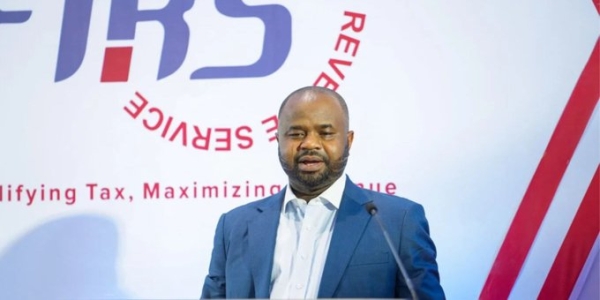The Executive Chairman of the Federal Inland Revenue Service (FIRS), Zacch Adedeji, has raised alarm over Nigeria’s poor tax compliance rate, disclosing that only 19% of Nigerians currently pay taxes.
Adedeji made this revelation during the public presentation of a new book titled “Taxation: Essential Knowledge for Nigerian Children,” a publication supported by the FIRS to promote early tax education among the country’s youth.
Represented at the event by his Special Adviser on Research and Statistics, Aisha Mahmoud, Adedeji stressed that the findings were the outcome of several studies conducted by the agency.
“First of all, I want to say that we have run a couple of studies and we have found out that tax compliance is positively correlated with tax education,” he stated.
“When children are educated, they grow up to become responsible people, pay their taxes and do what is right.”
While noting the current tax compliance rate at 19%, Adedeji also pointed out that some other studies suggest the figure could be as low as 10% to 15%, indicating a potentially more dire situation.
According to him, the FIRS sees early education as a strategic tool to reverse this trend.
“It is easier to make younger children become tax compliant when they grow up than reform tax-dodging adults,” he explained. “That is why we support initiatives like this book launch.”
The book, co-authored by Aderonke Atoyebi and Ejura Haruna, is aimed at instilling foundational knowledge about taxes and civic duties in children from a young age.
Adedeji’s remarks come as the federal government intensifies efforts to broaden the tax net and improve revenue generation in the face of dwindling oil income and rising national debt.
In his second anniversary speech, President Bola Tinubu reaffirmed the government’s commitment to tax reforms, revealing plans to establish a Tax Ombudsman—a neutral body to protect vulnerable taxpayers and ensure fairness within the system.
“Most importantly, we are laying the foundation for a more sustainable future by introducing a new national fiscal policy,” President Tinubu said.
“This strategic framework will guide our approach to fair taxation, responsible borrowing, and disciplined spending.”


